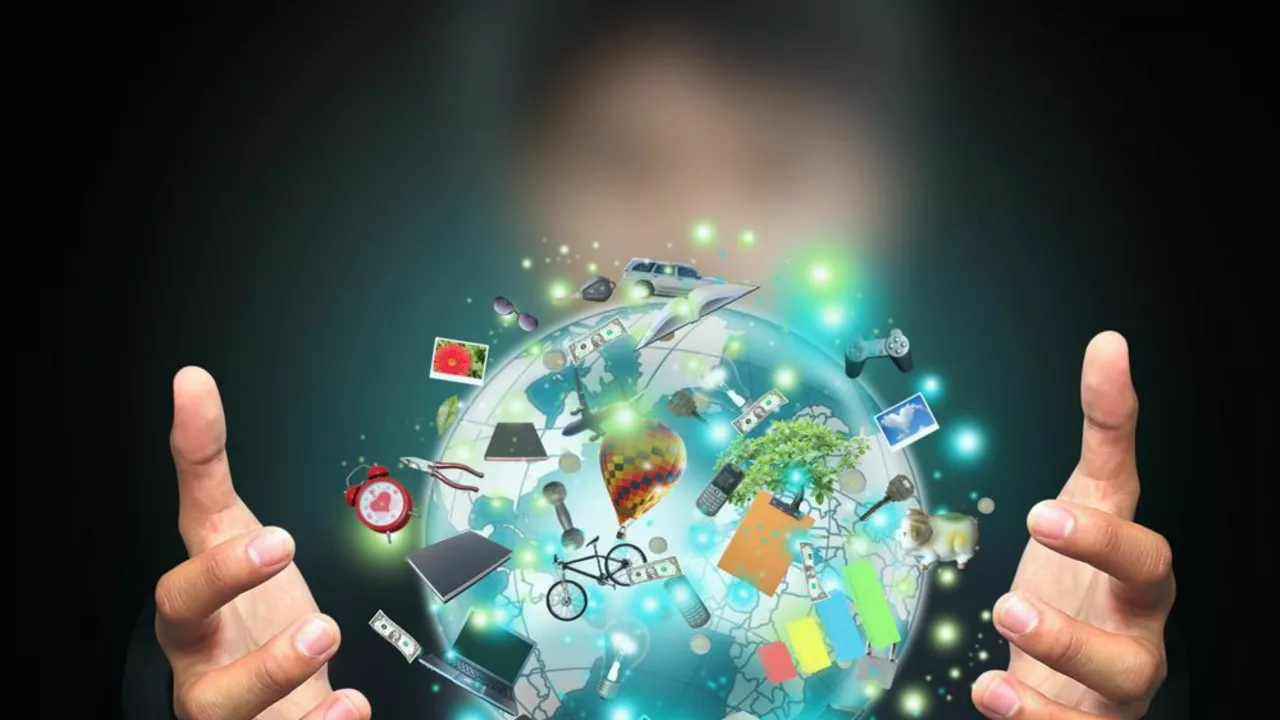Interplay Between Science and Technology
Ever since humanity began to think critically about the world, we have been developing methods to better understand and manipulate it. This pursuit has led us to the creation of science and technology, two pillars of human progress that are often seen as separate but are actually deeply interconnected. Science, which seeks to understand the natural world through observation and experimentation, and technology, which uses this understanding to create useful things, are in a constant state of interaction.
It's like a dance, really. Science leads by uncovering new knowledge about the universe, and technology follows, using this knowledge to create new devices or methods. Then technology leads by providing scientists with new tools for exploration and discovery, and science follows by using these tools to delve deeper into the mysteries of the universe. This interplay, this dance, is what drives human progress. It's how we've gone from cave dwellers to space explorers.
Innovation Through Scientific Discovery
Science is all about exploration and discovery. It's about asking questions, testing hypotheses, and gathering data. It's about looking at the world in a systematic and organized way, and then using the knowledge gained to improve our lives. This is where technology comes into play.
The process of scientific discovery often leads to technological innovation. For example, the discovery of electricity led to the creation of a multitude of devices that we use every day, from light bulbs to computers. Similarly, the discovery of the structure of DNA has led to groundbreaking advancements in medicine and biology, including the development of genetic engineering and personalized medicine.
The Role of Technology in Advancing Science
While science often leads to the development of new technologies, it's also true that technology can advance science. Technological advancements often provide scientists with new tools and techniques that allow them to make new discoveries.
For example, the development of the microscope opened up a whole new world for scientists to explore, leading to major advancements in biology and medicine. Similarly, the invention of the telescope revolutionized our understanding of the universe. And the development of computers and the internet has transformed almost every aspect of science, from data collection and analysis to collaboration and dissemination of results.
Impacts of Science and Technology on Society
The interplay between science and technology doesn't just drive human progress; it also has profound impacts on society. These impacts can be both positive and negative, and they often extend far beyond the specific fields of science and technology involved.
On the positive side, science and technology can improve our quality of life, increase our lifespan, and expand our understanding of the world. They can lead to new treatments for diseases, more efficient ways to produce and use energy, and better ways to communicate and share information. On the negative side, they can also create new problems and challenges, from ethical dilemmas in medicine and biology to issues of privacy and security in the digital age.
The Future of Science and Technology
The dance between science and technology is far from over. In fact, it's likely to become even more intricate and dynamic in the future. As we continue to advance our understanding of the world and develop new technologies, we will face new challenges and opportunities.
Artificial intelligence, quantum computing, gene editing, and other emerging technologies are already starting to reshape science and society. These technologies have the potential to revolutionize everything from healthcare to energy production to data analysis. But they also raise new ethical and societal questions that we need to address.
Despite these challenges, I remain optimistic about the future of science and technology. I believe that, if we navigate these challenges wisely, the interplay between science and technology can continue to drive human progress and help us build a better future.

